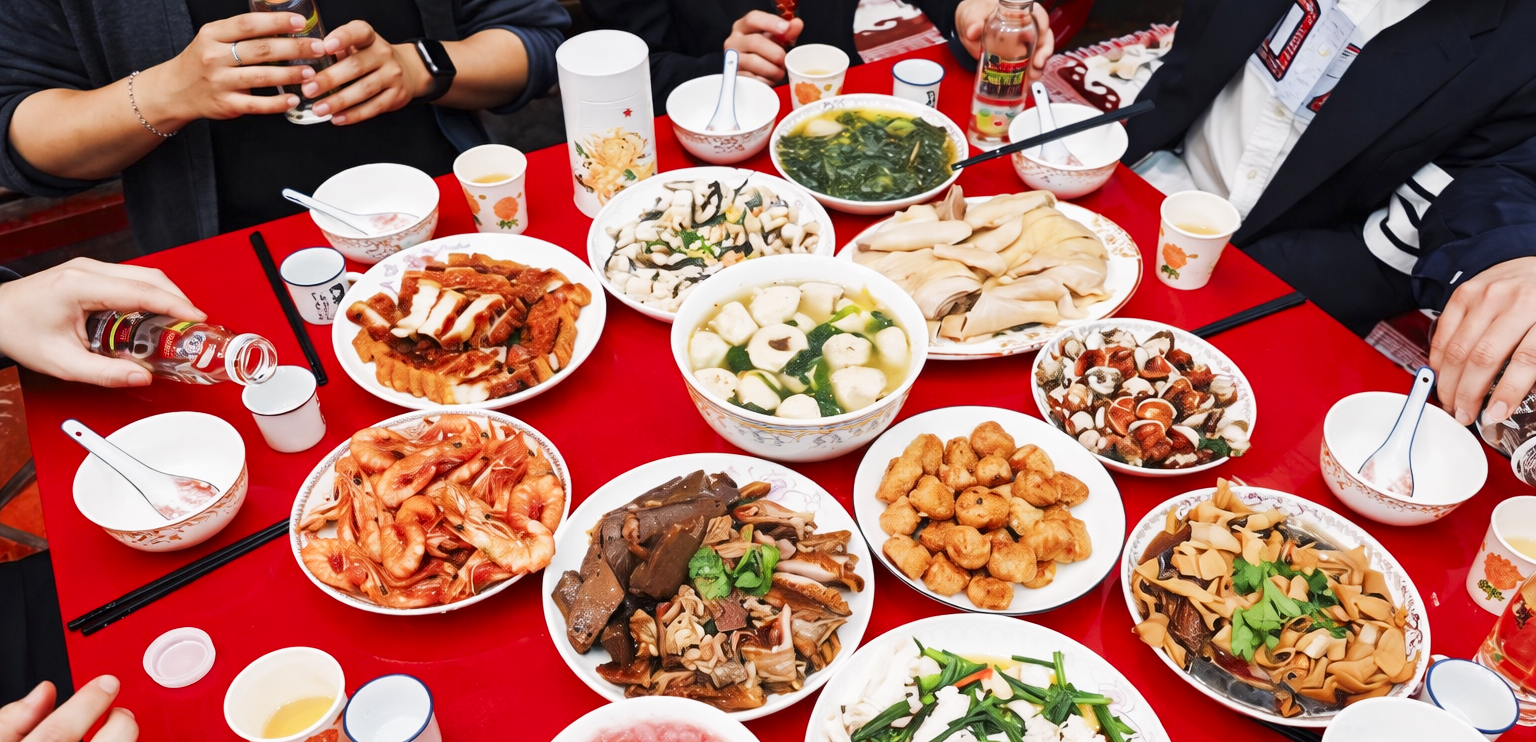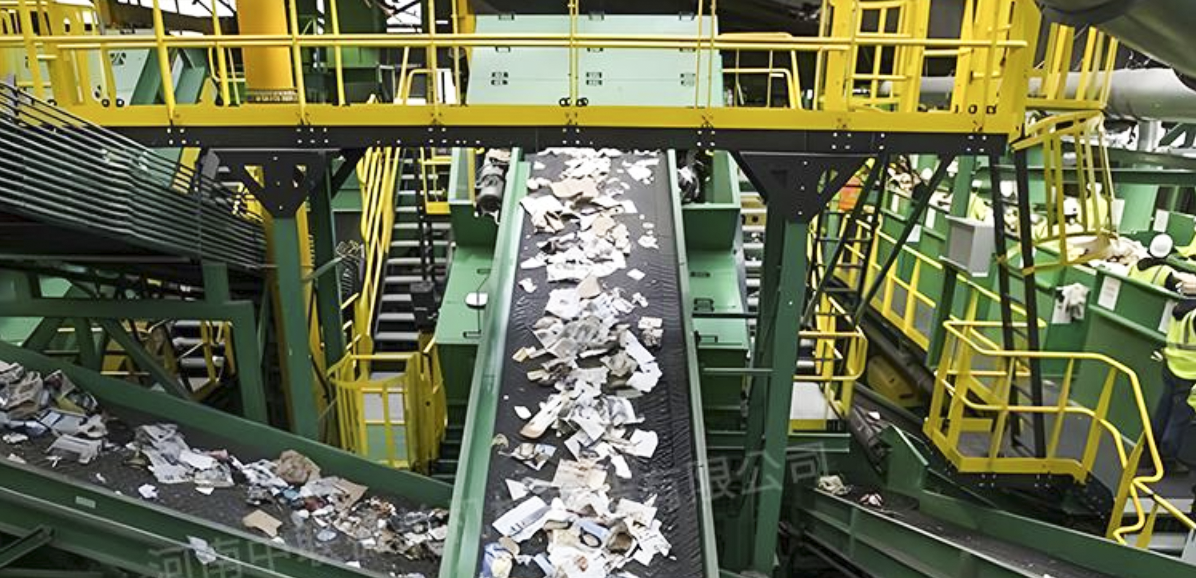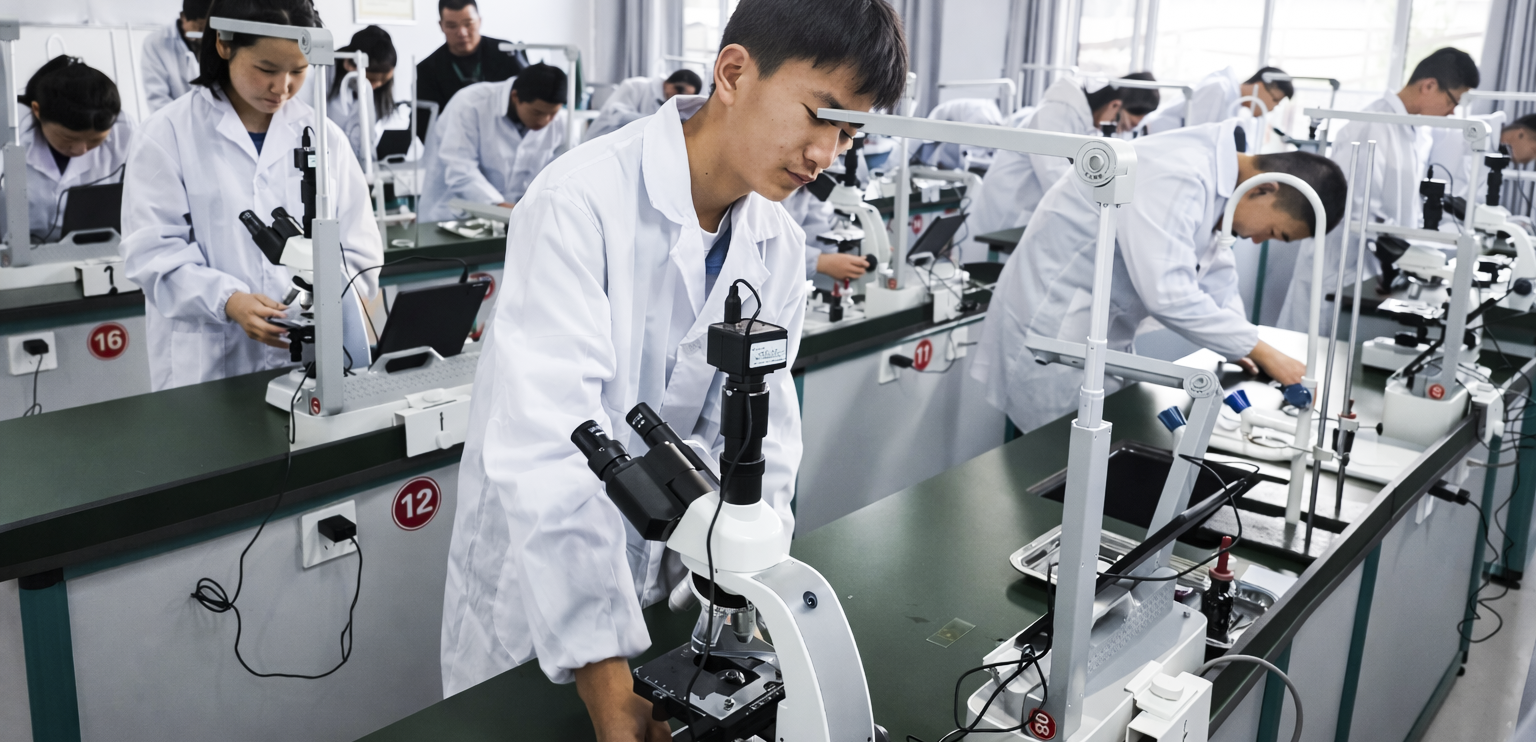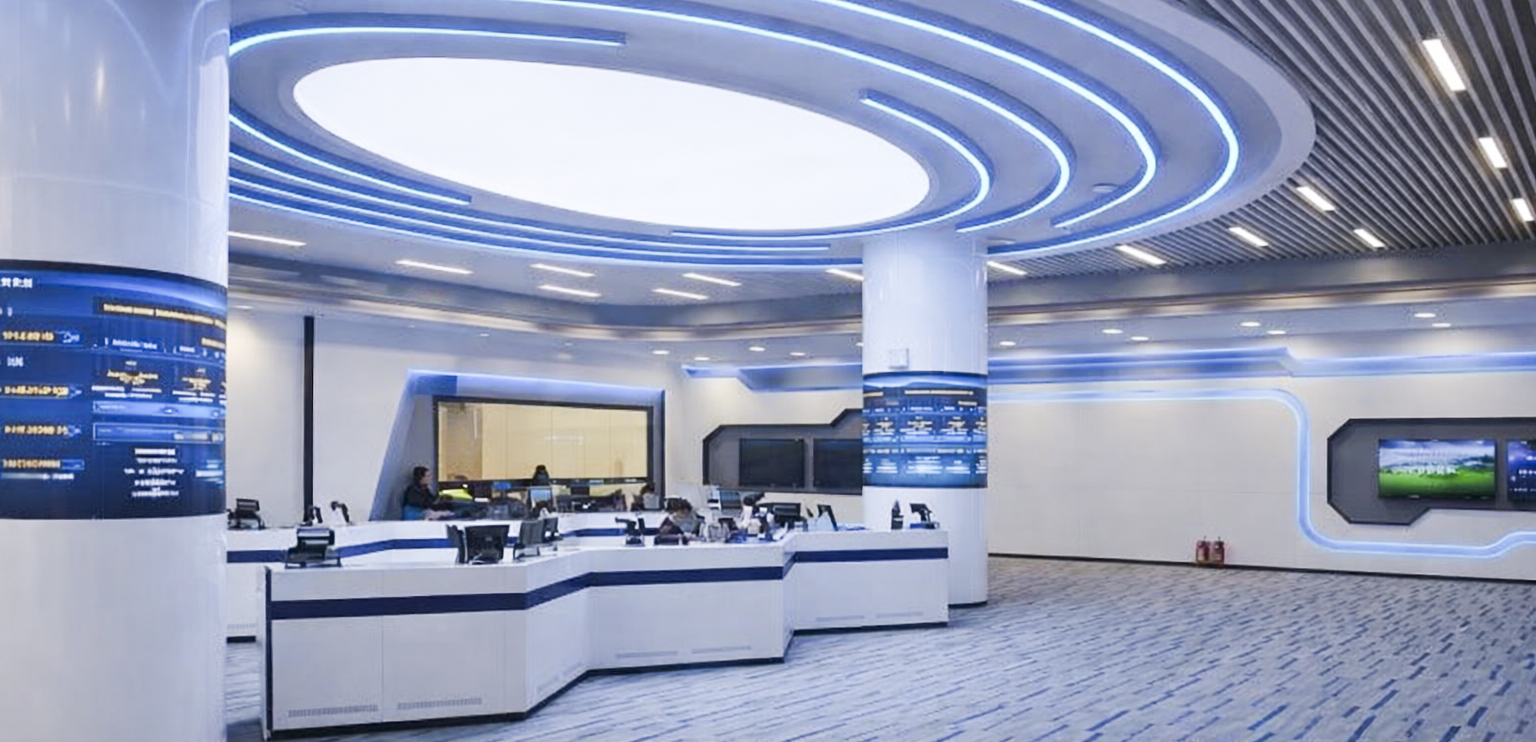-
No. 1 document 'Big Food' concept
-
can Beijing clean up solid waste?
-
STEM surge before the slide
-
how does Hainan's data regime work?
monitoring
recent commentary
-
state media signals the PLA anti-corruption campaign will continue
political trendspersonnelPLAanti-corruptionaccountabilitytransparency...read more09 Feb 2026
-
Hong Kong pledges to draft its first 5-year plan
growth modelTaiwan/HK/Macaupolitical trendsUnited Frontsubnational relations...read more04 Feb 2026
-
the space race for zero-carbon energy solutions
science and technologynew materialsnuclearrenewablessolarelectricity...read more03 Feb 2026
-
strategic and emerging industriestraditional industrytransport...read more29 Jan 2026
-
Luo XiangInstitute of Criminal Law Director China University of Political Science and Law
analysis
month in focus
monthly roundup of major developments
keep in touch with current thinking
sign up for our complimentary monthly roundup



